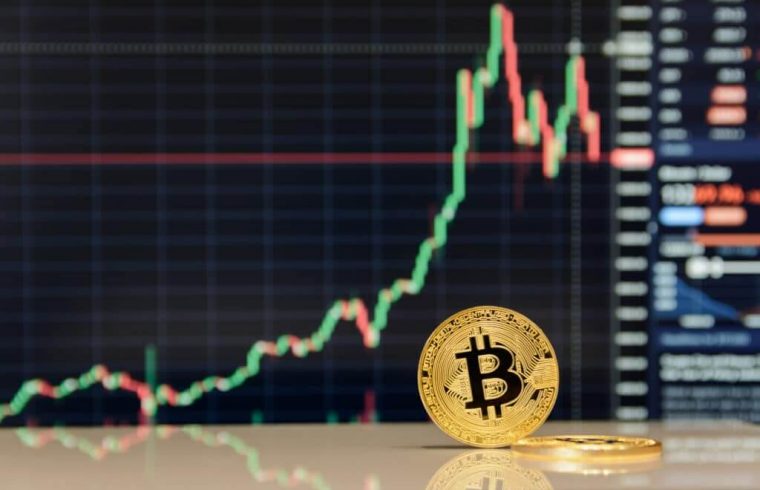The U.S. Securities and Exchange Commission (SEC) has postponed its decision on whether to authorize options trading on spot bitcoin ETFs, extending the review period by an additional 45 days. The new deadline for the SEC’s decision is now set for May 29, 2024.
This delay affects proposals including the Bitwise Bitcoin ETF and the Grayscale Bitcoin Trust among others, opening the door for options trading on any trust holding Bitcoin. The New York Stock Exchange (NYSE), which submitted the proposal on February 9, is looking to expand its cryptocurrency product offerings by including options.
The SEC’s extension is part of its standard regulatory process, allowing more time for public comment and a thorough review before making a final decision.
Only two public comments were submitted from Prof. James Angel of Georgetown University and another from Grayscale CEO Michael Sonnenshein.
Angel’s letter to the SEC seems to challenge the regulator’s priorities and suggest that the agency should focus on more pressing matters than scrutinizing rule filings. His critique regarding the SEC’s approach to bitcoin ETFs and crypto reflects a sentiment shared by many within the crypto community, who often feel frustrated by regulatory hurdles.
According to data from OptionsCharts.io, there’s nearly 1.1 million contracts of open interest on BITO options, while BITX has 78,000 contracts open. Introducing options trading for spot bitcoin ETFs could make a significant impact on the NYSE. For perspective, GLD, the SPDR Gold Shares ETF, boasts 2.8 million options contracts in open interest. However, it’s important to recognize that the spot price of GLD shares is much higher compared to BITO’s.
Both futures and options are a way for investors to bet on the trends of a cryptocurrency price without having to actually hold the underlying coin, which skirts regulatory and custodian issues. However, futures are, in general, riskier than options as the only financial liability for the latter is the premium paid at the purchase time. On the other hand, futures contracts involve maximum liability.












